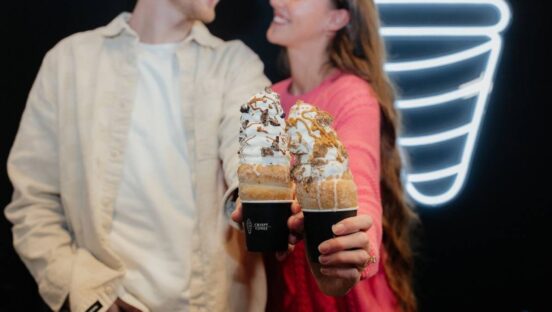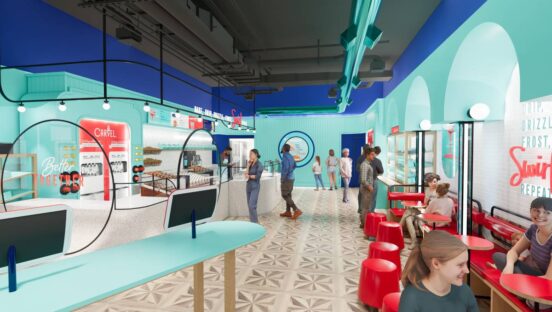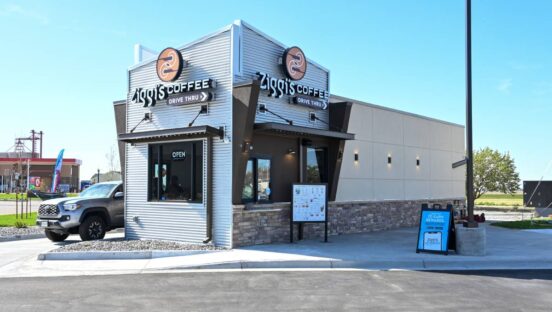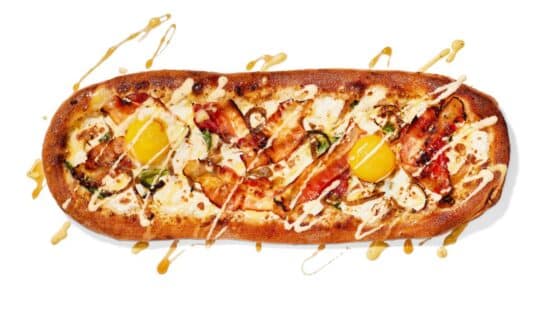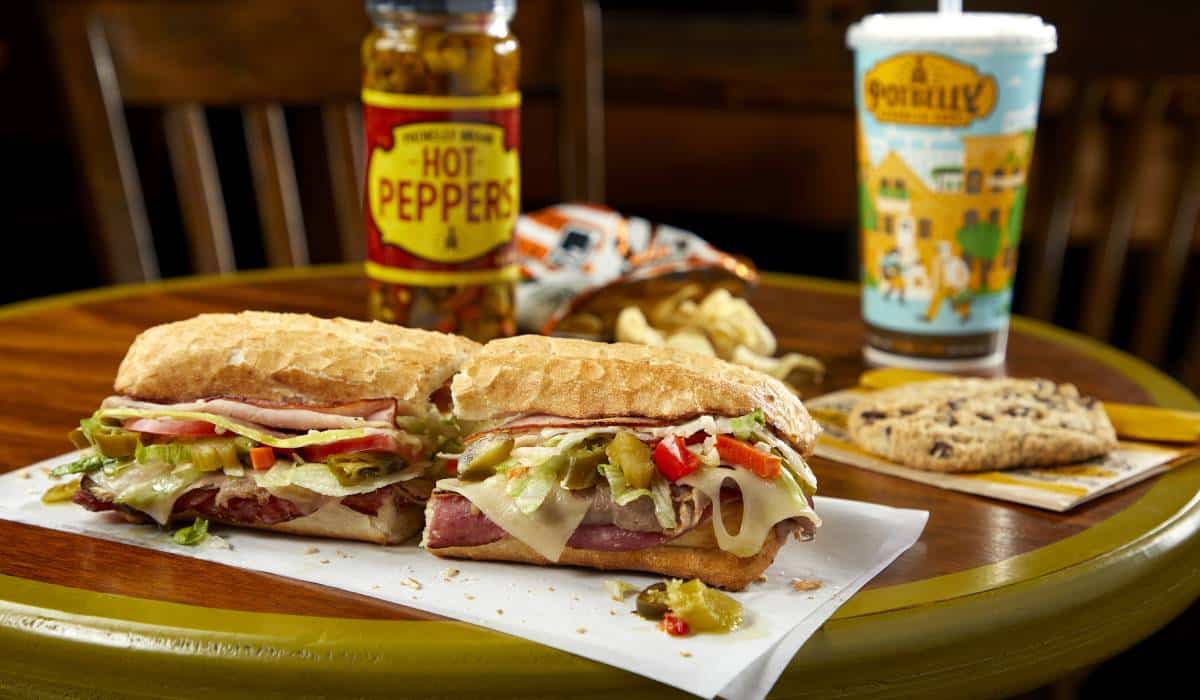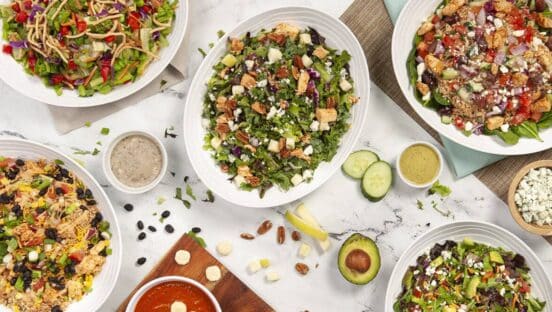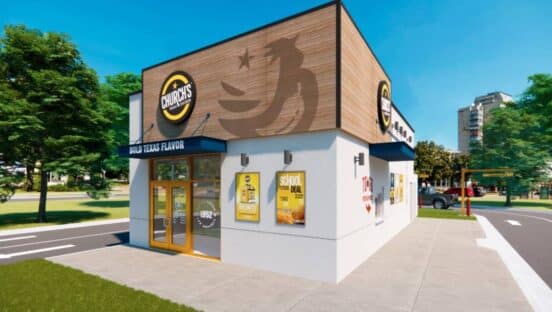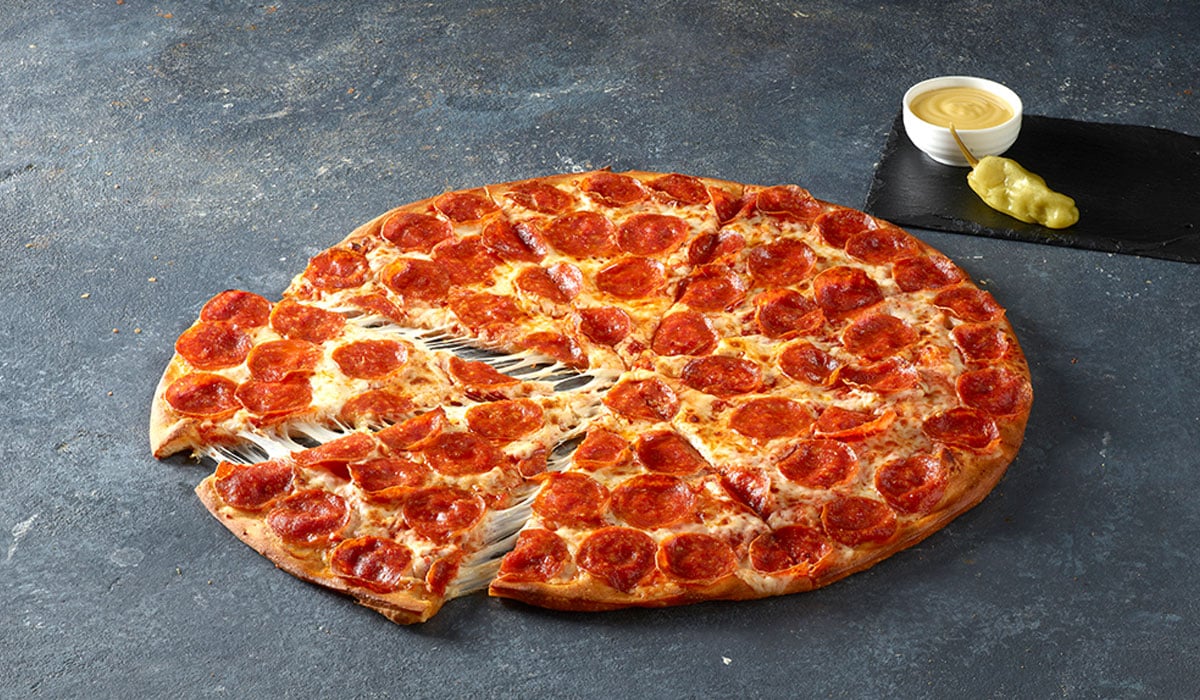Billionaire owners, millionaire players, an increasingly disenchanted fan base, mounds of legal speak, and segments of the quick-service industry wondering what it all might mean to their bottom line—it’s a recipe for a dish many restaurant brands would rather not make.
The National Football League (NFL) lockout is under way, though, with owners and players battling over salaries, revenue sharing, and financial transparency—contentious issues that could postpone the 2011 season or even spur game cancellations.
The potential cancellation of NFL games stands as an unwelcome reality to many of the quick-serve industry’s major players, particularly those in the wings and pizza segments that reap the benefits of Sunday game days and rabid fan bases.
In recent years, Richardson, Texas–based Wingstop has thrust itself to the forefront of the NFL fan’s consciousness, aligning itself with the likes of Hall of Fame quarterback Troy Aikman, the Dallas Cowboys, and the Houston Texans. Most of Wingstop’s outlets, including those in non-Texas NFL markets like Miami, Chicago, and St. Louis, sell to a football-loving crowd.
“Wings and football go together,” says Wingstop chief marketing officer Andy Howard. “We know this and we’ve played to it.”
Wingstop has had seven straight years of positive same-store sales growth, including 30 of the last 31 quarters, and Howard and his colleagues at the brand hope to avoid any obstacles to its surging momentum, cancelled NFL games included. While Fridays and Saturdays typically produce Wingstop’s greatest sales numbers, NFL Sundays approach those high marks, particularly when local teams’ winning ways generate excitement among fans.
“NFL Sundays are a big part of our sales mix and the type of events that generate 100- and 200-wing orders, catering opportunities, and the party platters that are good for business,” Howard says. “So we are concerned with what’s happening [with the NFL lockout] and we’ve got our eyes on that issue.”
With the football season in the balance, Buffalo Wild Wings started an online petition on Facebook titled “Save Our Season.” The page’s tagline reads: “We’re not taking sides. We just want a football season. So join the movement and help us ensure there is one.”
Buffalo Wild Wings brand marketing manager Jeremy Burke says the company began the petition as a way to be the fans’ voice to both sides of the NFL standoff.
“We want to be on the side of our fans and guests,” Burke says.
While Burke says that Buffalo Wild Wings continues to stay in touch with the NFL situation and has drafted contingencies for a postponed or cancelled season, the brand remains confident it can align itself with other sports to ward off losses and minimize the damage.
“There are other places where we feel we can get that sports connection,” Burke says, noting football’s overlap with basketball and hockey seasons, as well as the Ultimate Fighting Championship.
Likewise, Howard says Wingstop has alternative plans and ideas, should NFL games be cancelled.
“We won’t sit around and take the loss,” Howard says. “If there’s no season, we’ll react and do things we wouldn’t normally do to generate sales and make up for the loss, even having some fun with the situation.
“Of course, we’re all hopeful it doesn’t come to this,” he says. “The company, the fans—we all want NFL football in 2011.”
Marco’s Pizza president Jack Butorac says his company is similarly concerned about the potential drawbacks of the lockout. With Sundays often the second- or third-busiest day of the week and Marco’s outlets filling the orders of a football-loving crowd each fall, the NFL lockout arose as a conversation topic at Marco’s recent annual meeting.
Marco’s franchisees have largely adopted an optimistic approach, believing the impact of any cancelled games would be minimal on sales and profits.
“Yet, [the lockout] is something we’re aware of. There’s no question about that,” Butorac says.
The Toledo, Ohio–based pizza brand, which has more than 230 U.S. units, has long targeted football fans with advertising and mailings, particularly those in NFL markets such as Indianapolis, Cleveland, and Cincinnati. Lost games would force Marco’s to reevaluate and reposition some of its marketing efforts.
“The games give us recognition and an opportunity to say, ‘We’re here. We’re growing,’” Butorac says. “If games are cancelled, we’ll have one less opportunity to share that message.”
But, like his franchisees, Butorac remains optimistic about the situation.
“We’d rather not have the opportunity or need to think about this and hope the issue gets solved,” he says. “Either way, we’re confident we’ll survive and confident we’ll continue moving forward.”





